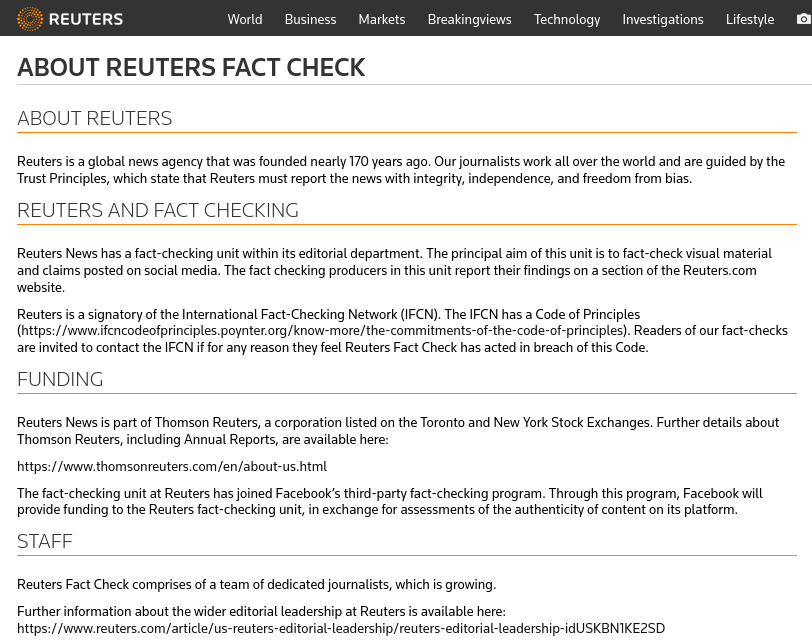Resources
6 Freelancer Skills AI Can’t Replace
By Derick Okech March 24th, 2023Early this year, CNET made a bold move when they quietly published several AI-generated articles. The experiment was a disaster—more than half of the published pieces contained errors.
As a prudent freelancer looking for ways to keep up with AI writing tools, I did a postmortem of the situation and realized one thing: Even though generative AI is impressive, there are still some critical skills it can’t replace.
While AI tools like ChatGPT may be adept at churning out straightforward written content, freelance creatives are still a valuable part of the equation. Here are six skills where humans have the upper hand.
1. Interviewing
Many brands take a somewhat journalistic approach to content. This means that interviewing subject matter experts (SMEs) is an important skill to have under your belt. Having strong interviewing abilities helps expand your professional network (which can help you break into new beats), lets you spot story ideas for your next piece or novel, and helps build up your communication skills.
There’s a lot more to an interview than just asking and answering questions.
There’s a lot more to an interview than just asking and answering questions. Engaging interviews require establishing an emotional connection, applying soft skills, and asking creative questions to get the best answer from an SME. Interviewing also involves learning the art of conversation, especially when a source is dodging questions or isn’t giving you the material you need to write a great piece.
At least as of right now, these types of conversational nuances are still firmly human territory.
2. Editing
AI editing assistants like Grammarly and ProWritingAid are good for correcting grammar and spelling mistakes, but they have limitations. Some common “corrections” may be irrelevant or confusing, and these tools don’t always catch nuances like homophones, homographs, and homonyms. Additionally, these platforms can’t always spot differences between your tone of voice and the brand’s.
In other words, there’s still a need for human editors as a second set of eyes—and this may even become more important as AI-generated content becomes more common (even brands willing to turn to AI for the bulk of their content production will likely want some degree of human oversight).
To scale up your skills as an editor, consider digging into the resources at ACES and the National Association of Independent Writers & Editors.
3. Fact-checking
The mistakes of CNET and MSN tell us that readers no longer entertain misinformation. Data from Statista shows that less than 50% of (adult) Americans consider news outlets reliable.
That’s part of the reason why publications like Reuters and brands like Facebook are bringing dedicated fact-checkers onto their content teams. These professionals help check for fake news and iffy claims posted on social media, in visual materials, and within written content.

Since AI writing tools sometimes give inaccurate information, human fact-checkers can help add a layer of trust and credibility to content published online.
4. Narrative crafting
Narrative crafting, whether for writing screenplays, video or podcast scripts, longform articles, or novels, requires in-depth knowledge of how to tell a great story. Skilled writers need to be able to mix styles, and they often experiment with words or punctuation to evoke emotions, drama, tension, and curiosity.
Even in content marketing, the ability to develop characters that resonate is an important way to keep your target audience engaged.
These elements of storytelling require a level of critical thinking, emotional intelligence, and creativity that only humans can capture. Besides, many narratives require writers to write from/about their own experiences and beliefs.
Here are paid programs you can explore to sharpen your narrative-writing skills:
- The narrative-writing program at Boston University
- Helpful narrative-writing workshops from Emory University
- This narrative-crafting MasterClass with author Malcolm Gladwell
5. Writing about the human experience
Research by Wordsrated shows that memoirs and biographies take first place in the Amazon bookstore’s best-selling list—their sales have grown by 25% over the last five years.
Memoirs are for more than just celebrities. Many professionals, including doctors, nurses, and teachers, pen memoirs about their jobs and life (or get a ghostwriter to do so).
Memoirs are for more than just celebrities.
Heartfelt first-person stories are particularly important when they come from marginalized and vulnerable communities. Those with a story to tell often turn to professional writers and editors to help them bring those stories to life on the page.
While AI tools may be able to help with things like summarization, outlining, and ideating for these first-person accounts, human creatives are obviously still front and center in this type of writing.
6. Public relations
Freelance creatives can also dive into public relations (PR). PR involves increasing media coverage by creating brand awareness and outreach campaigns, building relationships with thought leaders and influencers, garnering backlinks for a brand, and putting out fires (such as in the CNET example).
At the end of a day, humans still prefer to hear a condolence message or apology from other humans rather than robots. What’s more, skills like “spin” and networking are still fundamentally human-centric.
To build your PR skills, consider these resources:
Fortunately for us freelance creatives, there are still some important skills AI can’t mimic. In a quickly changing industry, it’s up to you to strengthen those skills to stay relevant.
Image by Memoirs are for more than just celebrities.